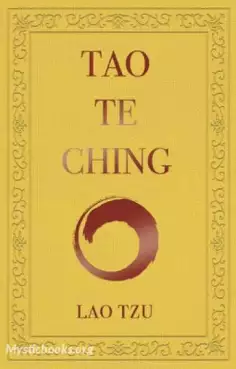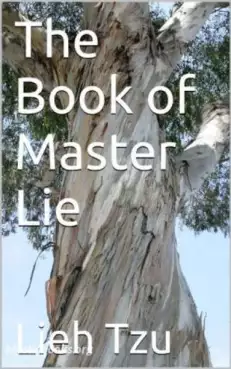Laozi
Lao Tzu also rendered as Laozi commonly translated as "Old Master" and Lao-Tze (/ˈlaʊˈdzeɪ/), was an ancient Chinese philosopher and writer. He is the reputed author of the Tao Te Ching, the founder of philosophical Taoism, and a deity in religious Taoism and traditional Chinese religions.
A semi-legendary figure, Lao Tzu was usually portrayed as a 6th-century BC contemporary of Confucius, but some modern historians consider him to have lived during the Warring States period of the 4th century BC. A central figure in Chinese culture, Laozi is claimed by both the emperors of the Tang dynasty and modern people of the Li surname as a founder of their lineage. Laozi's work has been embraced by both various anti-authoritarian movements and Chinese Legalism.
Lao Tzu itself is a Chinese honorific title: 老 (Old *rˤu ʔ, "old, venerable") and 子 (Old *tsəʔ, "master"). In traditional accounts, Laozi's actual personal name is usually given as Li Er (李耳, Old *rəʔ nəʔ, Mod. Lǐ Ěr) and his courtesy name as Boyang (trad. 伯陽, simp. 伯阳, Old *Pˤrak-lang,Mod. Bóyáng). A prominent posthumous name was Li Dan (李聃, Lǐ Dān). Sima Qian in his biography mentions his name as Lǐ Ěr, and his literary name as Lǐ Dān, which became the deferential Lǎo Dān (老聃, Lǎo Dān). The name Lǎo Dān also appears interchangeably with Lǎo Zi in early Daoist texts such as the Zhuangzi, and may also be the name by which Lao Tzu was addressed by Confucius when they possibly met. According to the Companion Encyclopedia of Asian Philosophy, "the 'founder' of philosophical Daoism is the quasi-legendary Laodan, more commonly known as Laozi (Old Master)".
Potential officials throughout Chinese history drew on the authority of non-Confucian sages, especially Laozi and Zhuangzi, to deny serving any ruler at any time. Zhuangzi, Laozi's most famous follower in traditional accounts, had a great deal of influence on Chinese literati and culture. Lao Tsu influenced millions of Chinese people by his psychological understanding. He persuaded people by his inaction and non-speaking.
Political theorists influenced by Laozi have advocated humility in leadership and a restrained approach to statecraft, either for ethical and pacifist reasons, or for tactical ends. In a different context, various anti-authoritarian movements have embraced the Laozi teachings on the power of the weak.
Laozi was a proponent of limited government. Left-libertarians in particular have been influenced by Laozi – in his 1937 book Nationalism and Culture, the anarcho-syndicalist writer and activist Rudolf Rocker praised Laozi's "gentle wisdom" and understanding of the opposition between political power and the cultural activities of the people and community. In his 1910 article for the Encyclopædia Britannica, Peter Kropotkin also noted that Laozi was among the earliest proponents of essentially anarchist concepts. More recently, anarchists such as John P. Clark and Ursula K. Le Guin have written about the conjunction between anarchism and Taoism in various ways, highlighting the teachings of Laozi in particular. In her rendition of the Tao Te Ching, Le Guin writes that Laozi "does not see political power as magic. He sees rightful power as earned and wrongful power as usurped... He sees sacrifice of self or others as a corruption of power, and power as available to anyone who follows the Way. No wonder anarchists and Taoists make good friends."
The right-libertarian economist Murray Rothbard suggested that Laozi was the first libertarian, likening Laozi's ideas on government to Friedrich Hayek's theory of spontaneous order. James A. Dorn agreed, writing that Laozi, like many 18th-century liberals, "argued that minimizing the role of government and letting individuals develop spontaneously would best achieve social and economic harmony." Similarly, the Cato Institute's David Boaz includes passages from the Tao Te Ching' in his 1997 book The Libertarian Reader. Philosopher Roderick Long, however, argues that libertarian themes in Taoist thought are actually borrowed from earlier Confucian writers.
Books by Laozi

The Tao Teh King, or the Tao and its Characteristics
The Tao Te Ching is a Chinese classic text traditionally credited to the 6th-century BC sage Laozi, also known as Lao Tzu or Lao-Tze. The text's authorship, date of composition and date of compilation are debated.The oldest excavated portion dates ba...

The Book of Lieh-Tzu
The Liezi is a Taoist text attributed to Lie Yukou, a c. 5th century BC Hundred Schools of Thought philosopher, but Chinese and Western scholars believe it was compiled around the 4th century CE.
